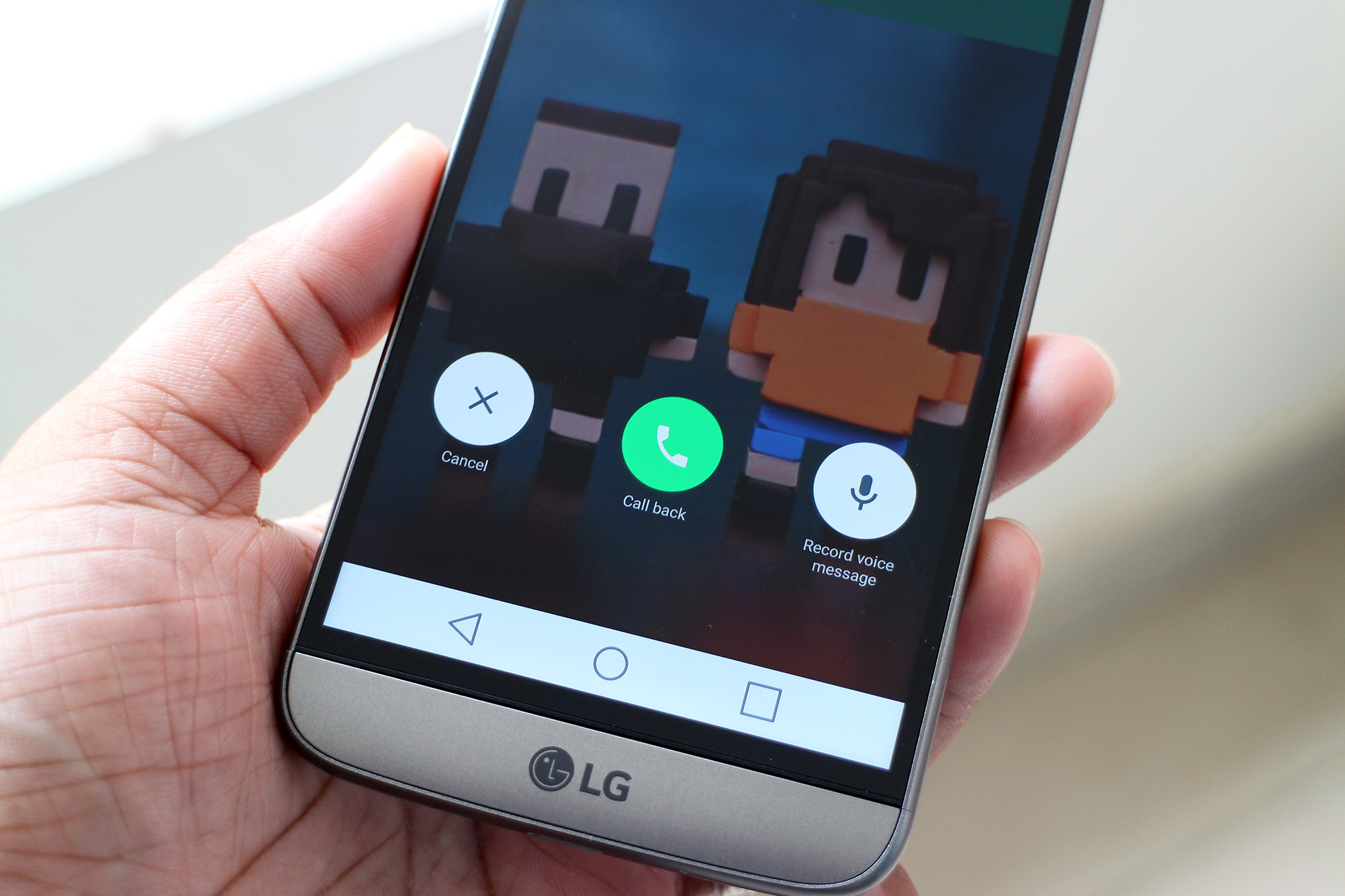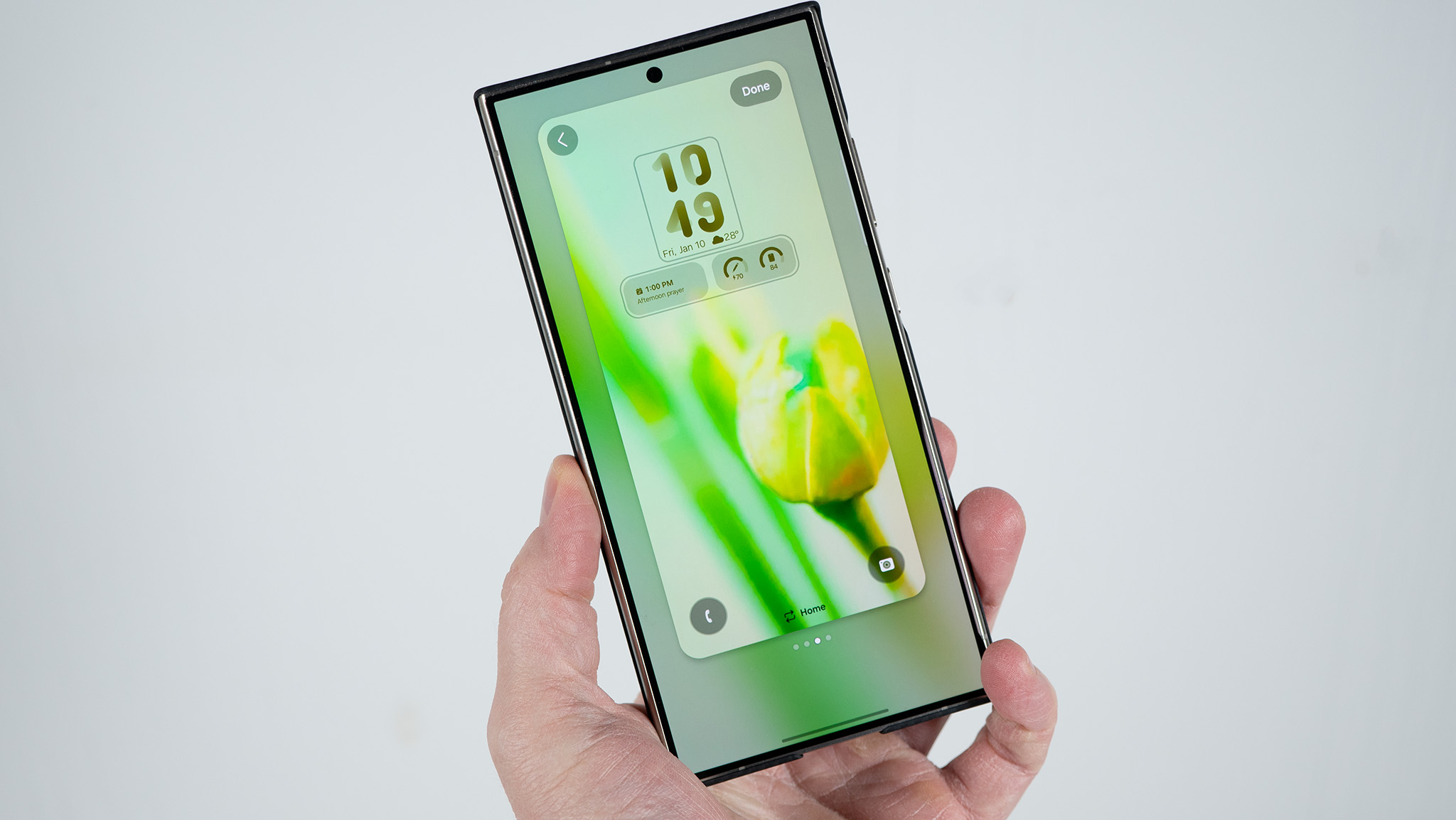Making the case for WhatsApp as a digital payments platform in India

WhatsApp usage is ubiquitous in India. Out of 1.2 billion global users, 200 million are located in India, making the country the largest market for the messaging service. Over the course of the last two years, WhatsApp evolved from a barebones messaging app — which is how it gained prominence in India — to a full-fledged communications platform that supports voice calls, video calls, easy backups to Drive, a web client and desktop apps for WIndows and Mac, GIF support, and numerous tweaks to the interface.
The service hit 1 billion users early last year, and shortly enabled end-to-end encryption for all users. A key reason for its success was that it was lightweight, making it a viable texting app on phones with limited resources; and its availability on all mobile platforms. The former allowed users from markets like India that were making their way online for the first time to get started with the service, and the latter ensured that they could communicate with their friends irrespective of whether they were on Symbian, BlackBerry, Android, Windows Phone, or iOS.
While WhatsApp managed to amass a huge number of users, the one thing it has failed to do was monetize. When it neared a billion users, the service announced that it would get rid of the annual subscription fee it collected in a few markets, instead opting to roll out tools allowing businesses to connect with customers. As we haven't seen anything on that front, it looks like Facebook — which bought the service in 2014 for $19 billion — couldn't figure out an effective way to do so.
With digital payments, Facebook may have finally figured out a way to monetize WhatsApp.
With no effective strategy to monetize its vast userbase, it now looks like WhatsApp is exploring digital payments in India. It's a smart move when you take into account the current situation in the country. On November 8, 2016, the Indian government devalued high-denomination notes (₹500 and ₹1,000), rendering 86% of the active cash useless. The move was a way to curb corruption and weed out hoarders of illicit cash, and with issual of new notes in short supply, India witnessed a meteoric rise in digital payments services.
The biggest benefactor of the demonetisation move was mobile wallet provider Paytm, which saw its user base shoot up to 200 million users. The Indian government has since rolled out new initiatives aimed at easing digital payments, with Unified Payments Interface (UPI) being at the forefront of that change. UPI is a bank-agnostic payments platform that relies on a unique identifier — called a Virtual Private Address — to transfer and receive funds.
WhatsApp will use the Indian government's slick new payments platform for digital transactions.
WhatsApp will rely on UPI to facilitate peer-to-peer transfers. Building a digital payments interface within the app is a logical move for the company, as there are several hundred communities already on the service dedicated solely for selling goods. If you haven't started using WhatsApp yet, you should know that there are groups for everything. There's even a journalist in North India that's using the service for broadcasting news and making money from it.
The biggest hurdle with a new payments service is customer acquisition. WhatsApp doesn't have that problem. Its user base is intensely loyal, and the kind of usage it sees in India rivals that of Facebook in most markets. It is the most-used app in the country by a long margin, and although UPI doesn't give WhatsApp the ability to monetize quickly (it's free for most transactions), Facebook has the resources to play the long game.
Be an expert in 5 minutes
Get the latest news from Android Central, your trusted companion in the world of Android
Initially, payments will be a convenience play as other UPI-based solutions in the country are clunky, but Facebook can use that as a foundation for other services in the future.

Harish Jonnalagadda is Android Central's Senior Editor overseeing mobile coverage. In his current role, he leads the site's coverage of Chinese phone brands, networking products, and AV gear. He has been testing phones for over a decade, and has extensive experience in mobile hardware and the global semiconductor industry. Contact him on Twitter at @chunkynerd.
